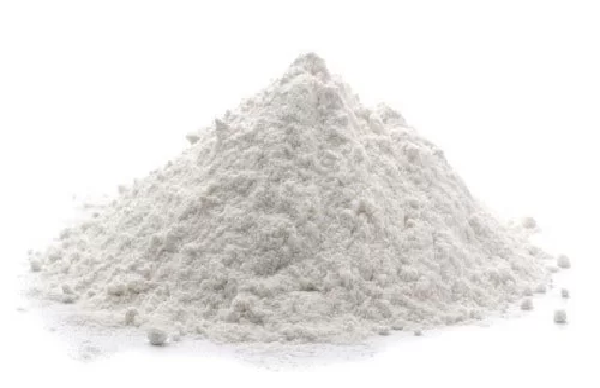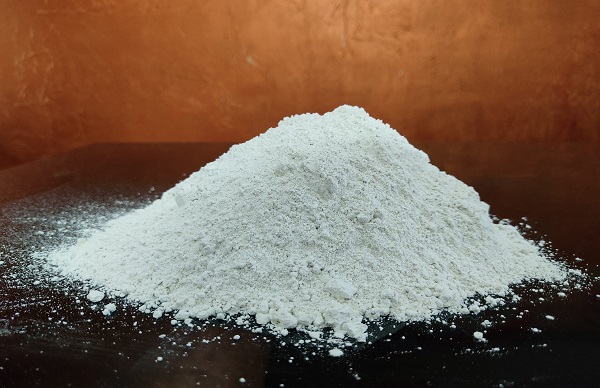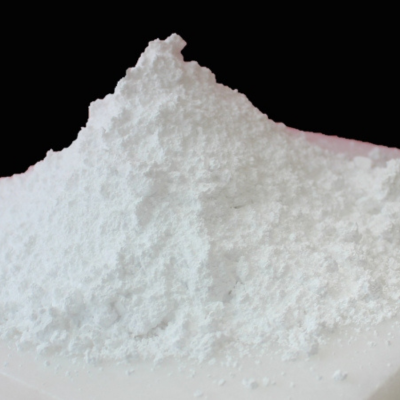
How is calcium carbonate manufactured?
June 13, 2023
Which state in India produces the most china clay
June 26, 2023Dolomite Powder vs. Limestone Powder: Understanding the Differences
Introduction:
When it comes to industrial applications and construction materials, dolomite powder and limestone powder are two commonly used substances. While they share certain similarities, it is essential to understand the differences between these two materials to make informed decisions in various applications. As renowned Dolomite Powder Manufacturers, in this blog post, we will delve into the characteristics and distinctions of dolomite powder and limestone powder, providing valuable insights into their properties and applications.
Composition
Dolomite powder and limestone powder have different compositions. Limestone primarily consists of calcium carbonate (CaCO3) and often contains small amounts of magnesium carbonate (MgCO3) and other impurities. Dolomite powder, on the other hand, is primarily composed of calcium magnesium carbonate (CaMg(CO3)2), with varying amounts of calcium carbonate and magnesium carbonate.
Mineralogical Differences
Limestone and dolomite are distinct minerals with different crystal structures. Limestone generally crystallizes in the form of calcite, while dolomite exhibits a crystal structure consisting of alternating layers of calcium carbonate and magnesium carbonate. This structural difference gives dolomite its unique properties.
Physical Properties
a. Hardness: Dolomite powder is typically harder than limestone powder. On the Mohs scale of mineral hardness, dolomite ranks at around 3.5-4, whereas limestone registers a hardness of 3. This difference in hardness makes dolomite a preferred choice for applications where abrasion resistance is crucial.
b. Density: Dolomite powder is denser than limestone powder. The density of dolomite typically ranges between 2.8 and 2.9 g/cm³, while limestone has a density of around 2.7 g/cm³. The higher density of dolomite contributes to its strength and durability, making it suitable for demanding applications.
c. Color: Limestone powder is generally white or light gray in color, whereas dolomite powder can range from white to various shades of pink, gray, or brown. The color variations in dolomite are due to impurities present in the mineral.
Chemical Properties
Both dolomite and limestone powders are alkaline and react with acids. However, due to its higher magnesium content, dolomite has a slightly higher neutralizing power than limestone. This property makes dolomite powder useful in neutralizing acidic soils and in the treatment of acidic wastewater.
Applications
a. Dolomite Powder Applications:
Dolomite powder finds versatile applications across various industries. In the construction sector, it is used as a building material and aggregate, enhancing the durability and strength of concrete and asphalt mixtures. It is also utilized in the steel industry as a fluxing agent, aiding in the removal of impurities during steel production. In agriculture, it serves as a soil conditioner, adjusting pH levels and providing essential nutrients to crops. Additionally, it is employed in glass manufacturing as a source of magnesium oxide, improving the durability and chemical resistance of glass products. These diverse applications highlight the importance of dolomite powder as a valuable resource in multiple industries.
b. Limestone Powder Applications:
Limestone powder is widely utilized in various industries due to its versatile applications. In the construction industry, it is used as a filler in concrete and asphalt mixtures, providing strength and stability to structures. It is also used as a base material for roads and as a component in plaster and mortar. In agriculture, it serves as a soil amendment, improving soil fertility and providing calcium to plants. Furthermore, it plays a crucial role in environmental applications, particularly in flue gas desulfurization (FGD) systems, where it helps remove sulfur dioxide (SO2) emissions from power plants and industrial facilities. Additionally, the chemical industry relies on limestone powder for the production of calcium-based chemicals and compounds. These diverse applications highlight the significance of limestone powder across various sectors.
Conclusion
While dolomite powder and limestone powder share some similarities, they differ significantly in terms of composition, mineralogy, physical properties, and applications. Dolomite, with its higher hardness and density, offers improved durability and strength, making it suitable for demanding applications. Limestone, on the other hand, is widely used in construction and has various environmental and agricultural applications. Understanding these differences is crucial for selecting the appropriate material for specific industrial and construction needs. As a trusted manufacturer and supplier of dolomite powder, Sudarshan Group ensures the highest quality and consistency in their products, meeting the diverse requirements of customers across industries.



